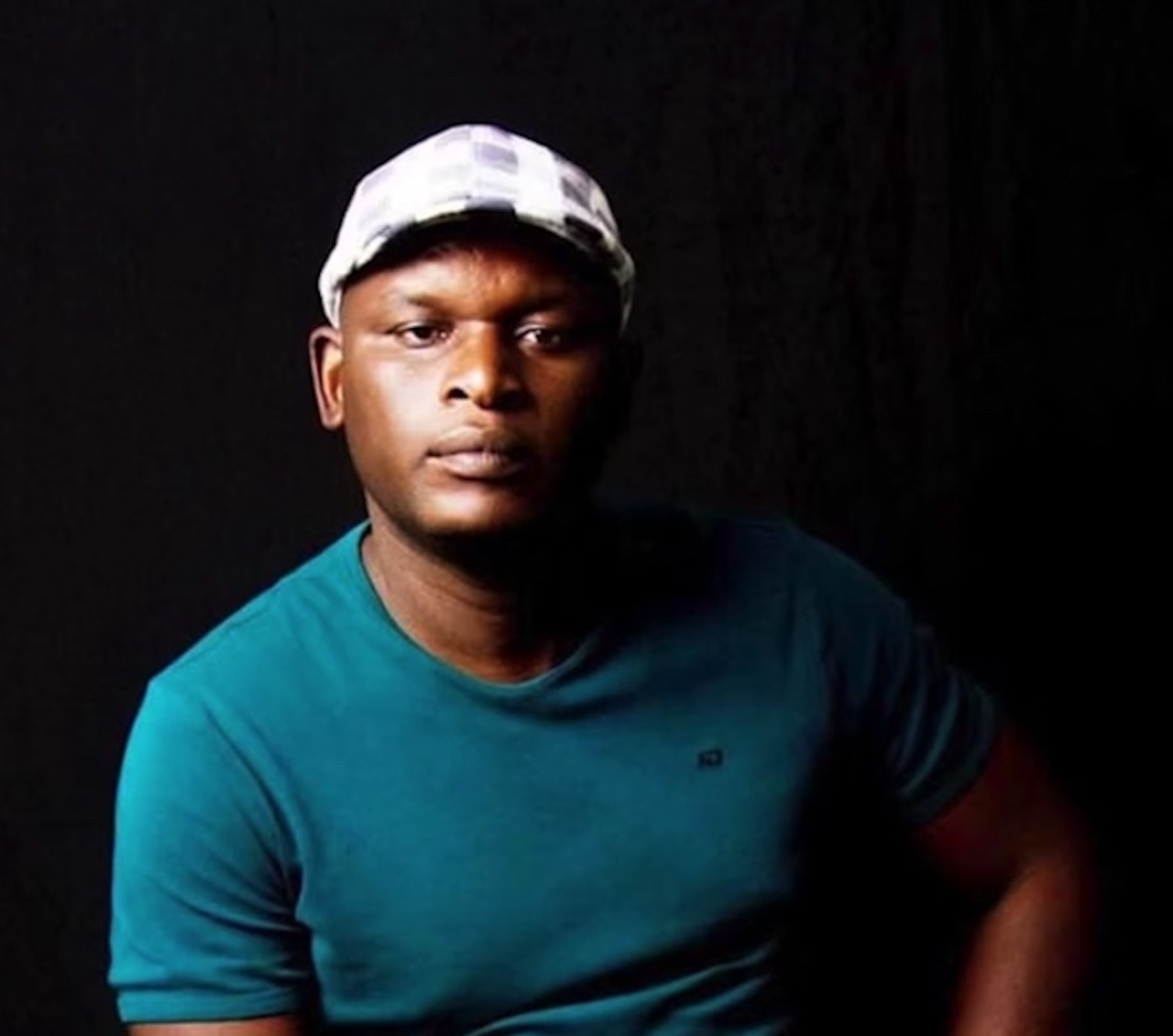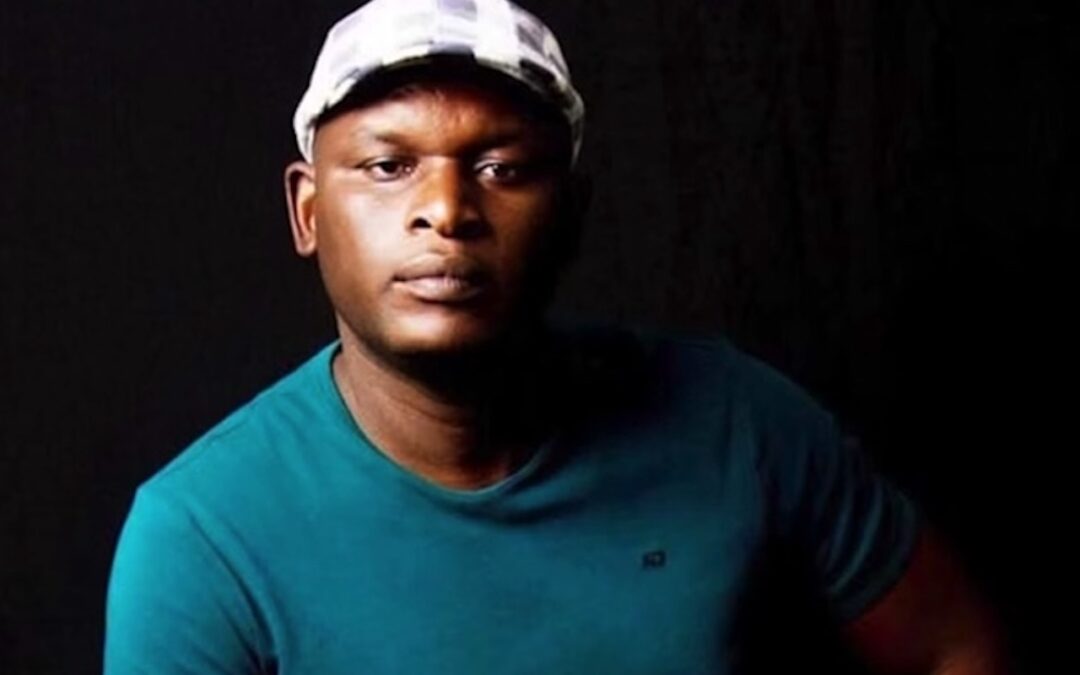Daniel Maposa
Director, Performer
Zimbabwe

Daniel Maposa is a Director at Savanna Trust, a non-profit arts for social change organization operating in Zimbabwe that uses creative communications and approaches to engage communities on various social issues. With more than 20 years of experience in the cultural and creative industries, Daniel is a leader and innovator in the field of culture and development, applying his expertise in strategic management, fundraising, project management, research, and monitoring and evaluation of arts-related projects.
Daniel is also a passionate and prolific theatre maker, producer, and trainer, having created and directed numerous plays, documentaries, and radio dramas that address human rights, governance, democracy, climate change, gender, mental health, and peace-building. He is currently pursuing his PHD in Cultural Policy and Management at Wits University, where he also holds a Master’s degree in the same field. He is also a lecturer in film and theatre, a television producer, and a consultant for various arts and development initiatives. Daniel’s mission is to use his skills and knowledge to empower and inspire communities through arts and culture.

From the play "Vhukani"
Q: What is the focus of your work and Savanna Trust?
A: Savannah Trust is an arts organization established in 2006 to harness theater and creative expression for social development. We emerged during a period when Zimbabwe was grappling with widespread human rights violations, democratic challenges under the Mugabe regime, and severe economic hardships. Our work aims to raise awareness at the grassroots level—helping communities understand both the broader national issues and their personal rights, and encouraging active participation in democratic processes. Over our first decade, we not only addressed human rights and democratic participation but also contributed to constitutional debates and policy discussions. We organized festivals – such as the protests arts international festival – to spotlight political artistic work at a time when censorship was increasingly used to silence critical voices.
Q: How did you become involved in using theater for social change?
A: I began my career as an actor in the late ’90s, primarily engaging in entertainment and educational theater within schools. This early experience opened a door to broader social issues as I started interacting with civil society groups focused on human rights, governance, and democracy. Additionally, I became a member and treasurer of the Students Christian Movement, which was deeply involved in peace-building and promoting human rights. These formative experiences between 1998 and 2006 inspired me to channel my artistic work into activism, ultimately leading to the formation of Savanna Trust as a platform to advance democratization through the arts, even as censorship became an escalating challenge.
Q: What key artistic freedom issues have you faced?
A: Between 2000 and 2013, our work was repeatedly stifled by severe censorship that affected music, film, and theater. Zimbabwe has had a censorship board for many decades that was quiet but, when artists started putting pressure on the government to be accountable, the censorship board was reactivated to control expression. We were required to submit scripts for approval and secure licenses under the Public Order and Security Act (POSA). Even though the arts were not explicitly mentioned in the legislation, in practice, this meant that if proper clearance was not obtained, performances could be abruptly halted by the police using riot tactics. Many artists were harassed and some were arrested for their performances. In rural areas, the situation was compounded by local, political gatekeepers who would independently stop a performance if they believed it challenged the government. This, in turn, has led to pernicious self-censorship out of fear of harassment or violence. Our line of work attracts fewer and fewer artists because most creatives become afraid to express themselves. They don’t want to be attacked, they don’t want to be abducted, they don’t want to be beaten. Now our challenges have evolved into the digital space, where online censorship, social media harassment, and even complete internet shutdowns during political crises further limit artistic expression.
We also need to understand how funding and access to resources is a fundamental form of censorship. In the absence of adequate funding it also becomes difficult for artists to produce and to perform the work. I understand most artists work with limited resources, but it can only go so far. Particularly with theater. It is not a mass medium so you need to go to the communities and begin to express yourself. You need to hire venues to perform. So if financially you are crippled, then your voice is also crippled.
With my own work, I have written plays that the censorship board has demanded I change and our theatre group has dealt with intentionally created bureaucratic hurdles. We frequently encountered delays in obtaining performance clearances, which often results in missing the optimal window for community engagement. A particularly challenging instance was with our production Liberation in 2017, where heavy police interference nearly halted the performance entirely and we had to do it in hiding in the suburbs. To counter these repressive measures, we developed strategies that involve close collaboration with community members, local theater groups, and even government institutions to secure the necessary permissions—demonstrating our commitment to ensuring that creative expression can continue despite an environment fraught with censorship and repression.

From "Runyararo", performed around the 2023 elections, a play advocating for citizens to shun violence
Q: What current project inspires you the most in your work on artistic freedom and social change?
A: I am particularly inspired by our ongoing project focused on constitutional education and constitutionalism. In Zimbabwe, many citizens are unaware of their constitutional rights, which are crucial for maintaining the rule of law, ensuring good governance, and protecting human rights. If people are not aware of their constitutional rights and obligations, they are not able to hold the government to account and they will not participate in democratic processes. This is also fundamental to issues of artistic freedom because as artists we also have rights enshrined in the constitution. How do we begin to ensure that artists themselves also speak out and understand their constitutional rights and assert them? How do we begin to dialogue as artists around issues of creating a conducive atmosphere for the operations of artists? This project is designed not only to educate communities about these rights and responsibilities but also to emphasize the artistic freedoms that the constitution guarantees. By integrating legal education with creative expression, we empower small theater groups—especially in rural areas—to understand, assert, and defend their rights. Witnessing young artists actively engage in these discussions and produce work that challenges the status quo is incredibly heartening. It reinforces our belief that a well-informed and creatively expressive society is fundamental to lasting democratic change.






